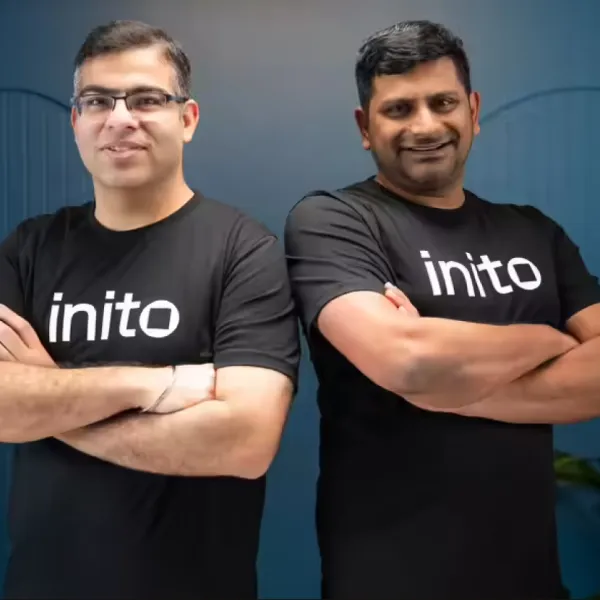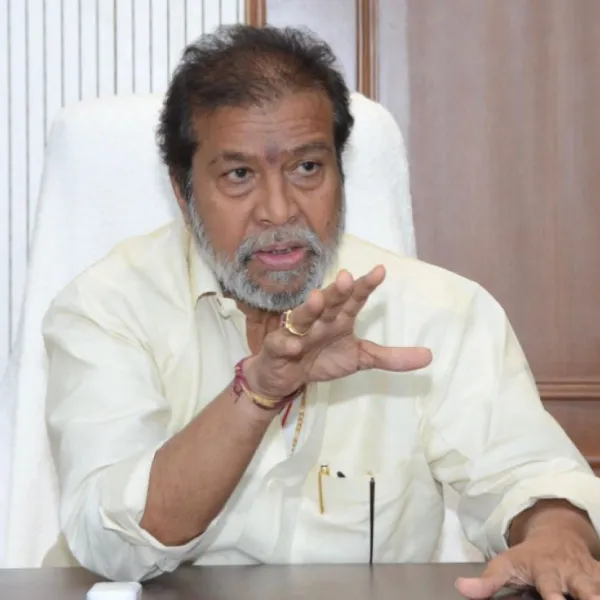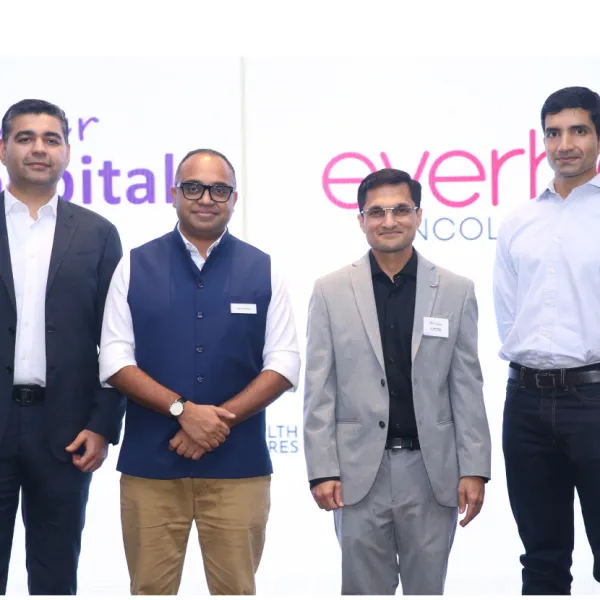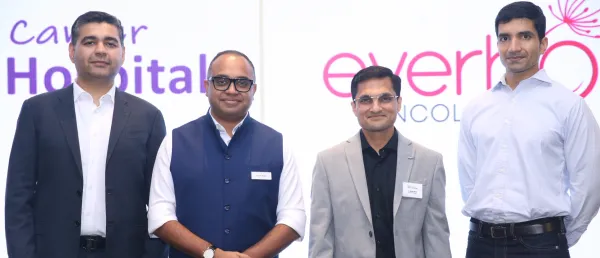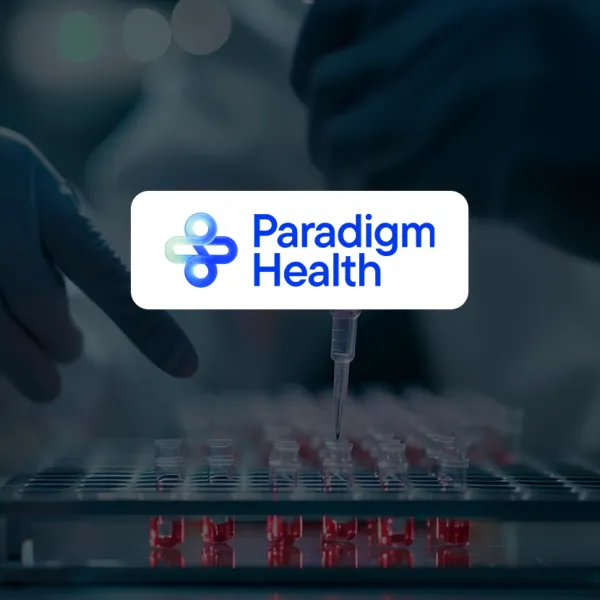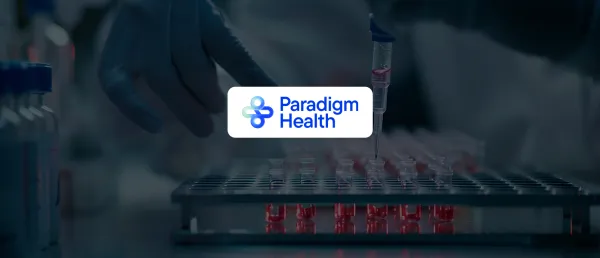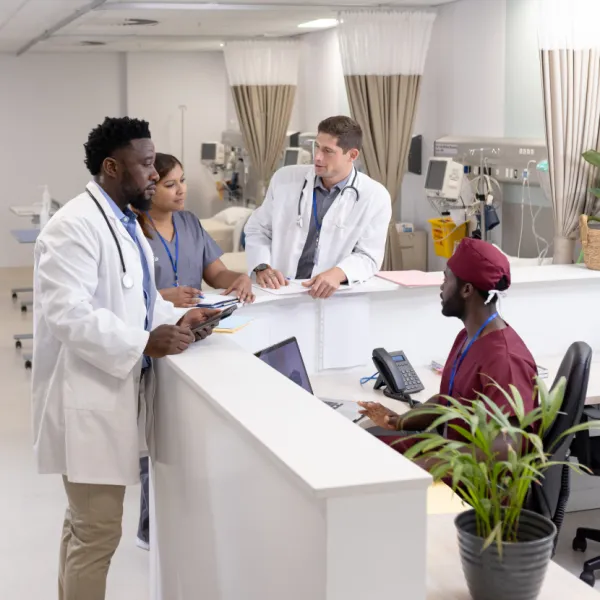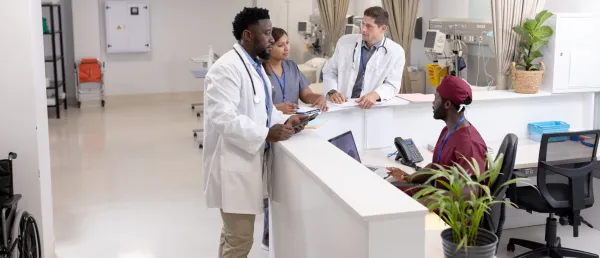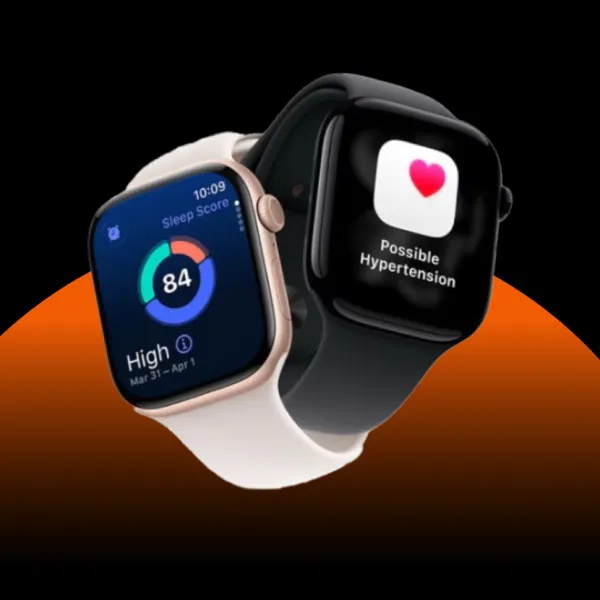Pharma Giants GSK, Moderna, Novartis & Others Form Consortium to Manage Biospecimen for Clinical Trials

This coalition aims to address and rectify inefficiencies in the biospecimen management lifecycle, starting with a comprehensive industry survey to assess current practices.
In a groundbreaking move, leading pharmaceutical companies have come together to form a consortium aimed at overhauling the management of biological samples in clinical trials.
Slope, a clinical trial technology firm, created the Biospecimen Management Consortium (BMC) on June 25, joining forces with industry pharma giants including GSK, Moderna, Novartis, Roche, Takeda, ILiAD, and Teal Health.
This coalition aims to address and rectify inefficiencies in the biospecimen management lifecycle, starting with a comprehensive industry survey to assess current practices.
Sharing thoughts, Xavier Briand, associate director, Novartis, said, “Lack of control and visibility to biospecimen lifecycle and their metadata is a direct result of a clinical ecosystem that is fragmented, siloed and reliant on people and processes which can still rely on paper-based approaches. To drive sample excellence we must unite as an industry to establish a baseline, identify gaps and challenge the status quo.”
Addressing the Issues
Biospecimens, encompassing tissues, blood, urine, plasma, and other samples, which are essential in clinical trials. These samples allow researchers to correlate clinical observations with molecular-level phenomena.
These are also instrumental in identifying and validating drug targets, understanding disease mechanisms, developing screening tests for biomarkers, and studying genes.
Additionally, biospecimens are currently essential for personalized medicines to match patients with the most suitable therapies.
However, the biospecimen lifecycle is fraught with potential pitfalls, particularly regarding communication lapses between stakeholders about their respective processes. Such lapses can result in wasted patient samples and flawed data, ultimately jeopardizing clinical trials.
On the issue, Anna Kosenko, team lead of clinical biomarker sample and data operations at Takeda, said, “We owe it to patients to ensure every sample taken has every possible chance to be used in pursuit of new therapies.The BMC aims to shine a light on the aspects of the processes that need to change and help break down existing silos among the various stakeholders and systems that drive clinical research.’’
Moreover, ahead of its industry survey, the BMC is taking suggestions regarding best practices, focus areas, and priorities for the consortium.
Currently, membership is open to pharmaceutical and biotech companies, with plans to expand to clinical trial sites in 2025.
In a similar development, last year, Karnataka renewed state’s biotech policy which aims to position Karnataka as the next global hub for clinical trials and a leader in genomics. Notably, the policy highlights an advanced genome editing technique known as "crack-in-creation," garnering international attention for its biological breakthrough.
Karnataka has already invested over $200 million in biotech research and development, solidifying its position as the third-largest ethanol producer in India, boasting a network of over 60 producers.
Additionally, the policy outlines establishing a rural biotechnological innovation center to foster 'bio-villages' and facilitate impactful innovations in healthcare, agriculture, and environmental sustainability.
Stay tuned for more such updates on Digital Health News







